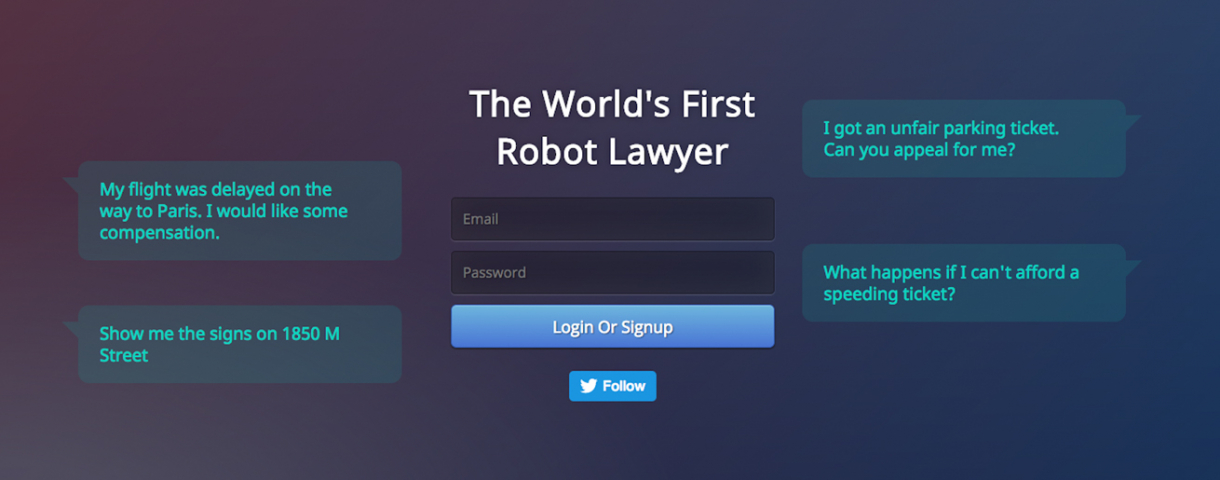When disease outbreaks occur, local and global communities are often under-prepared and completely defenceless. In 1918 and 1919, ‘the Spanish flu’ epidemic killed an estimated 40 million people worldwide (2.2% of the entire world population!). And in the past decades, the HIV/AIDS epidemic has caused widespread morbidity and mortality - and reversed hard-won gains in life expectancy, especially in Africa. On top of that, researchers have – in the past decade alone – identified 177 new pathogens, many with a threatening potential for impacting global health.
AIME (Artificial Intelligence and Medical Epidemiology) is a company out of Singularity University (US) using big data and artificial intelligence to help predict disease epidemics. It can forewarn governments, organizations, communities and medical practitioners, and during tests of their dengue prediction platform in Malaysia and Brazil, AIME predicted where outbreaks would occur with 84-88% accuracy in advance of the outbreak.
The technology enables preventative public health efforts to reduce infection risks, to improve quality of life, to increase economic productivity and to save lives. In 2016, AIME worked with Viva Rio, a Brazil-based NGO, and the government of San Paulo on a pilot program focused on preventing the spread of Zika and dengue virus in Brazil — just in time for the 2016 Olympics in Rio. The team is currently working to define future research requirements to be incorporated into the decision-making process of public health officials in the city of San Paulo.






